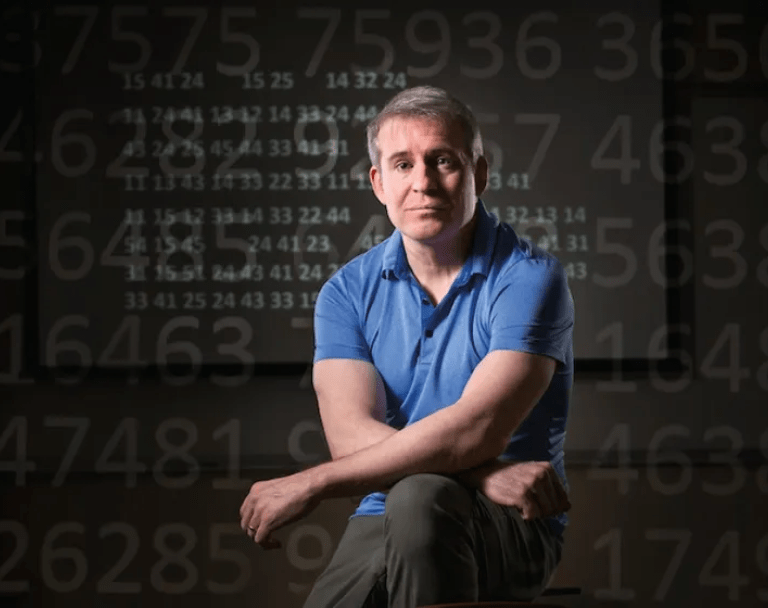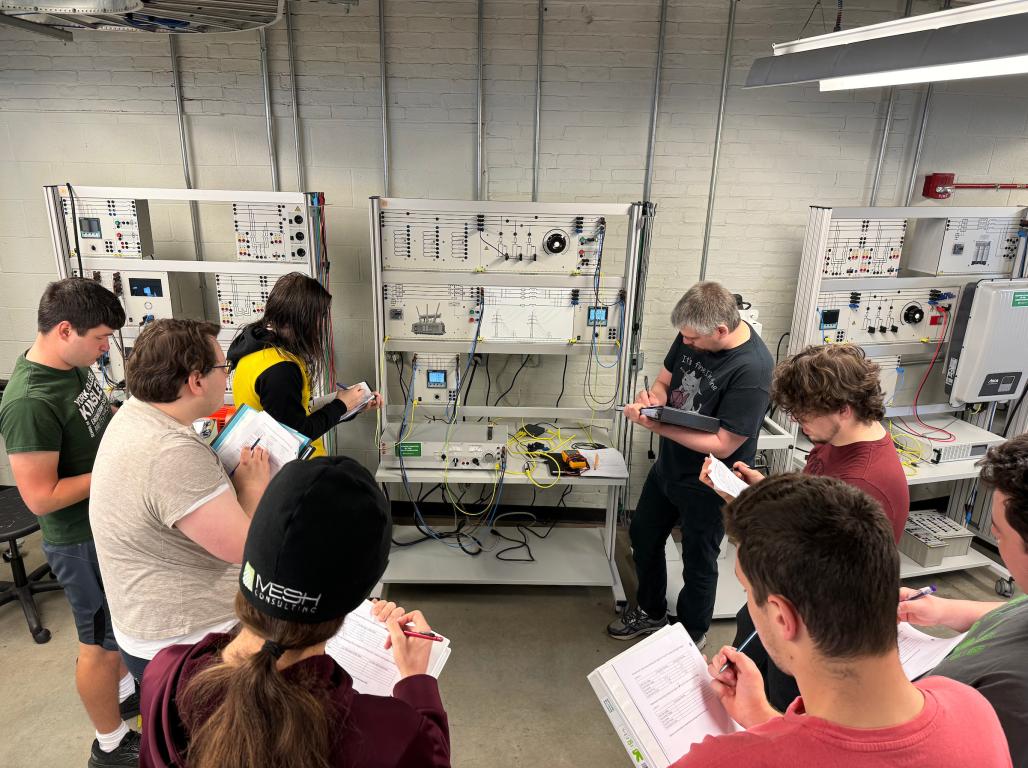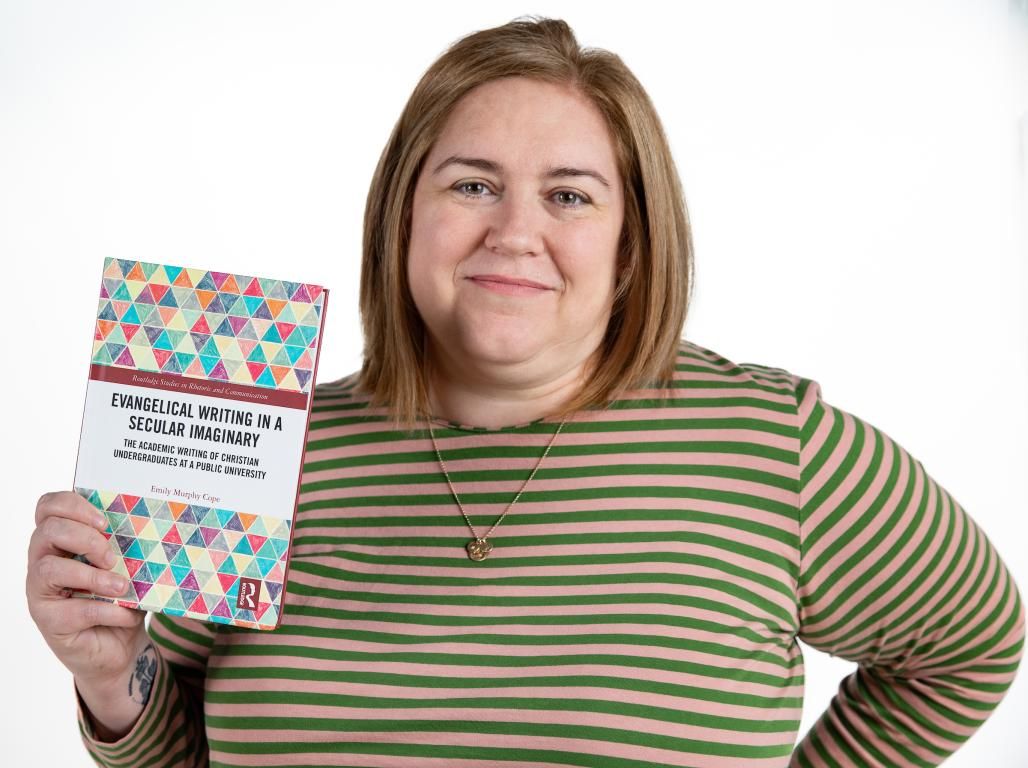Mathematics Professor Craig Bauer, Ph.D., turned his lifelong interest in Unidentified Aerial Phenomena (UAP) into a course. He encourages students to explore beyond their fields of study.
In higher education, specialization often dominates the academic environment. But at York College of Pennsylvania, students are encouraged to explore topics beyond their majors. PSC 138 “Science and Unidentified Aerial Phenomena (UAP),” embodies that interdisciplinary mindset.
Led by Dr. Craig Bauer, Professor of Mathematics, the course takes a scientific approach to a controversial and captivating topic once disregarded by most except those on the fringes of society.
Dr. Bauer's interest in unexplained aerial phenomena dates to his childhood. He noticed a stigma surrounding the topic that discouraged people from openly discussing UAP, formerly known as UFOs, or unidentified flying objects. With more scientists voicing their belief in the existence of something intriguing behind these phenomena, Dr. Bauer saw an opportunity to delve deeper.
The proposed course received swift approval from York College, and he was surprised by the level of participation from students, including sharing their personal stories. This experience reinforced his belief that exploring the edges of scientific knowledge is essential for genuine progress.
Creating A Safe and Open Environment
Madison Kauffmann ’23, a Biology major, initially was skeptical about the course. That doubt dissipated as the semester progressed. Dr. Bauer's commitment to creating a safe and respectful space for all opinions and questions set the tone for a productive learning environment. Kauffman appreciated that the class focused on presenting cases and perspectives without imposing any particular beliefs.
“Overall, this class really opened my mind to different possibilities about the topic,” she says. “I still do not have all the answers, of course, but I am now willing to look at things that I would not have even considered before, which is a skill I can apply to other subjects as well.”
In spite of his decades-long interest in the topic, Dr. Bauer found it no easy task to prepare for the course. He extensively researched hundreds of books, YouTube videos, personal anecdotes, and related topics to compile a comprehensive curriculum.
“I always take a broad approach in all my courses,” he says. “I weave in history and show influences on culture and literature. In addition to helping students to be more creative, it’s also a lot of fun and makes us better people.”
Merging Critical Thinking With Mystery
Dr. Bauer appreciated the diversity of students’ backgrounds in his first UAP class and seeing how that impacted the discussions that evolved throughout the semester. The course provides an opportunity for students to expand their perspectives, question their beliefs, and think creatively.
Dr. Bauer hopes that enrollment in the course increases so that eventually he can teach it every semester. He stresses the importance of offering elective classes that spark curiosity and promote interdisciplinary exploration.
“If there are things you’re curious about or want to know more about, every major should have room for such courses,” he says.
While he keeps his personal beliefs to himself during the class, Dr. Bauer acknowledges that a certain percentage of unidentified aerial phenomena might indicate nonhuman intelligence. However, he emphasizes the significance of maintaining an open mind.
“I love the ongoing mystery,” he says. “The pleasure is in the journey.”
Dr. Bauer's PSC 138 “Science and Unidentified Aerial Phenomena” course serves as a testament to the importance of expanding intellectual horizons and embracing the mysteries that lie at the outskirts of scientific knowledge. Through such courses, students learn the value of exploring unexpected subjects across disciplines while broadening their perspectives and honing their critical-thinking skills.





